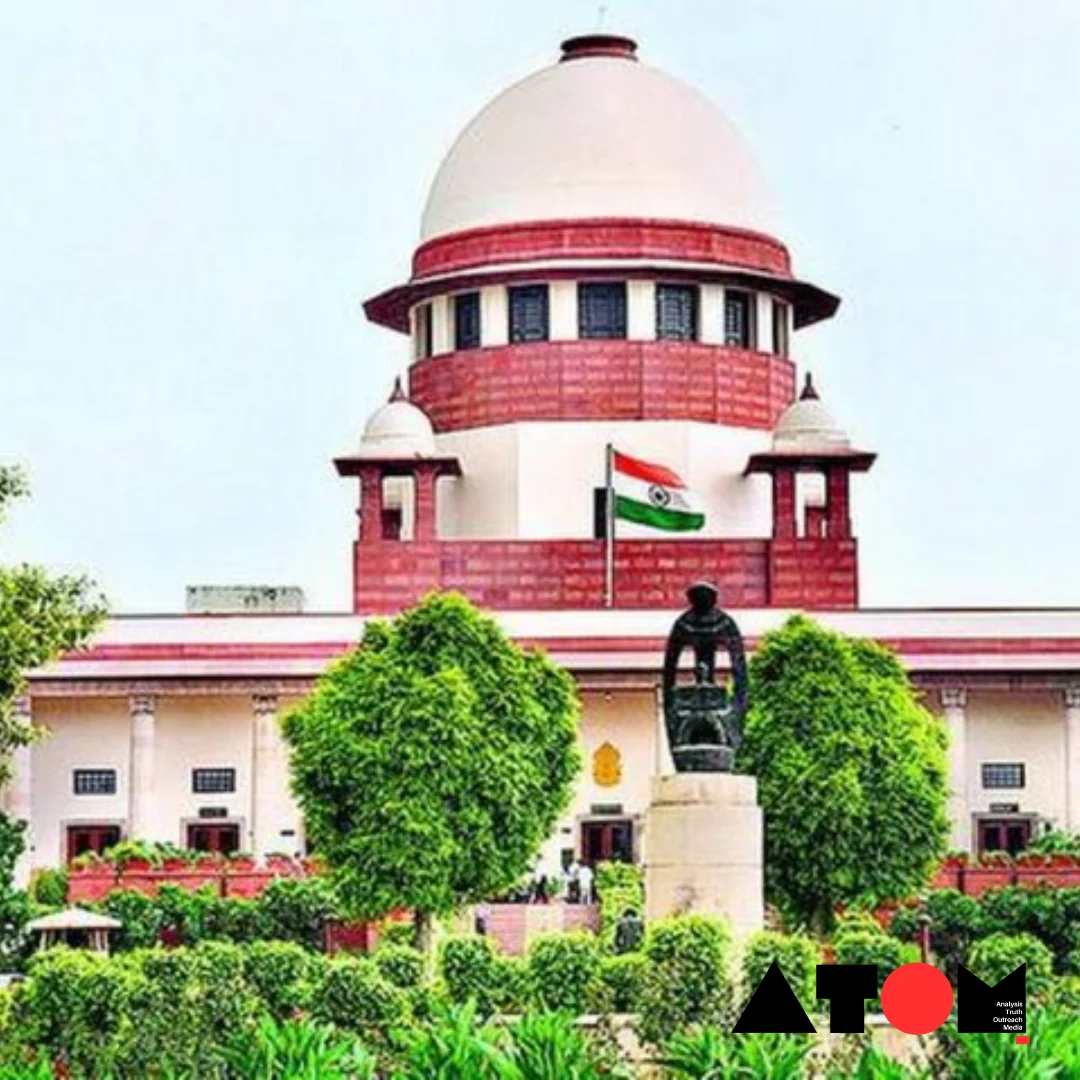Supreme Court Dismisses Petitions
The Supreme Court of India has ruled against petitions calling for extensive cross-verification of votes cast using Electronic Voting Machines (EVMs) alongside Voter Verifiable Paper Audit Trail (VVPAT) systems. Justices Sanjiv Khanna and Dipankar Datta delivered separate but concurring judgments on the matter.
Key Takeaways from the Verdict
Justice Khanna emphasized that all petitions, including those advocating a return to ballot papers, have been rejected. The court issued a directive for sealing the Symbol Loading Unit (SLU) after completing the symbol loading process. These sealed units are to be stored securely for a minimum of 45 days post-election.Justice Datta highlighted the need for checking the burnt memory in the microcontroller EVMs by a team of engineers upon request by candidates. This verification process must occur within seven days of result declaration, with expenses borne by the requesting candidate.
Enhancing Electoral Transparency
Justice Khanna urged the Election Commission of India (ECI) to explore the feasibility of using electronic machines for vote counting, incorporating paper slips and bar codes for each political party.Following the symbol loading process after May 1, 2024, SLUs must be sealed and stored alongside EVMs for a duration of 45 days after result declaration. Candidates and their representatives are required to sign the seal on these containers.Justice Khanna specified that 5% of EVMs per assembly constituency per parliamentary constituency should undergo verification of burnt memory semicontroller post-election, upon written request by candidates.
Petitioner’s Argument
The Association for Democratic Reforms (ADR), one of the petitioners, aimed to challenge the Election Commission’s decision to replace transparent glass on VVPAT machines with opaque glass. Their goal was to ensure alignment between EVM counts and recorded votes and to allow voters to confirm their votes through VVPAT slips.
The Supreme Court’s ruling sets forth various directives aimed at enhancing the transparency and integrity of the electoral process. While dismissing the petitions for comprehensive cross-verification, the court’s directives address key concerns raised by petitioners regarding the use of EVMs and VVPAT systems in elections.
Read more: Marketing News, Advertising News, PR and Finance News, Digital News





